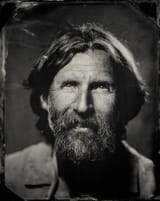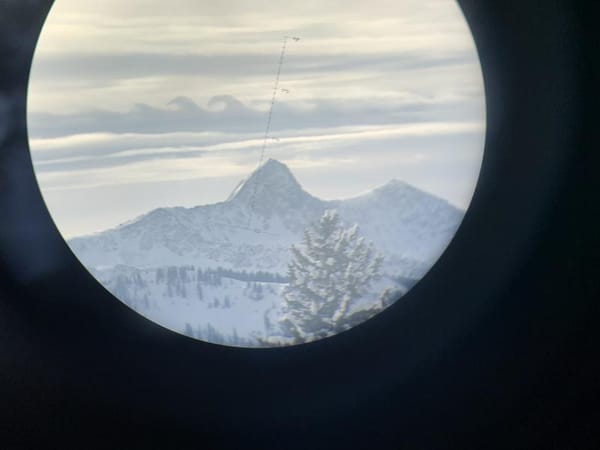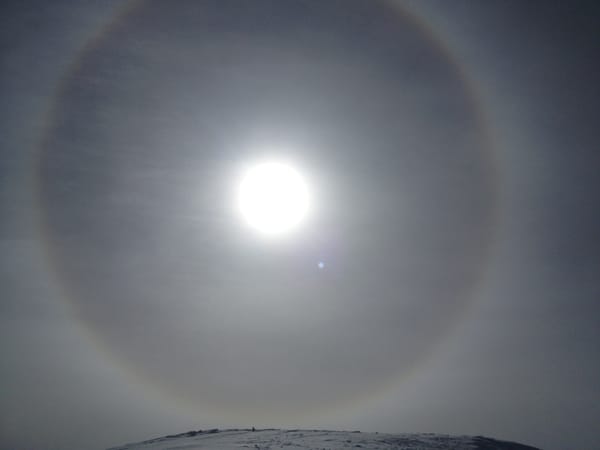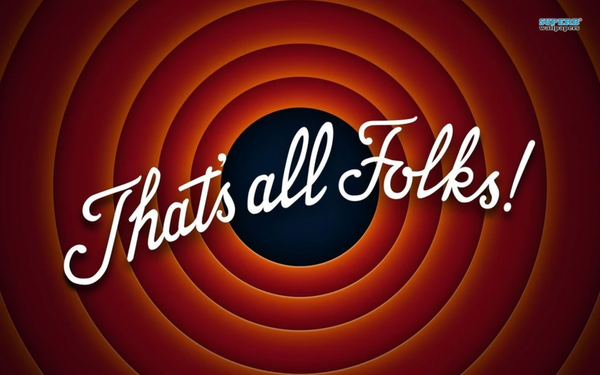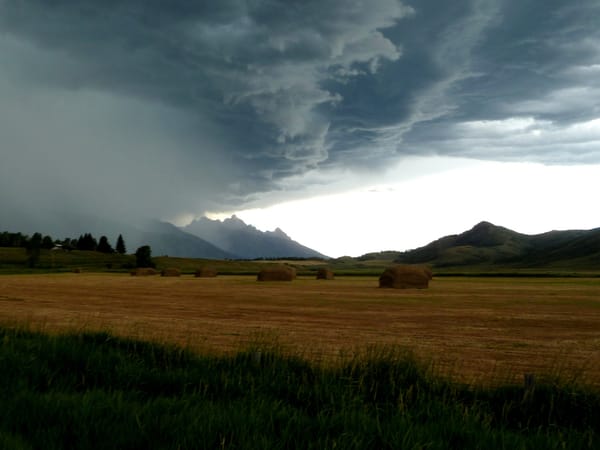The (Continued) Death of Expertise....Part 1

I am woefully behind in my writing.

But - I received so many thoughtful and engaging letters on last week’s teaser “The (Continued) Death of Expertise”. I wish I could print then all. Thank you DC, JB, DD, AK, ML, GA, DC, RC, JT, JT and JR.
An old mentor's memorial was yesterday. I wrote about RG in a previous Meditation.
So.
I'll leave you with some background thoughts as more of a prelude.
~~~~~~~~~~~~~~~~~~~~~~~~~~~~~~~~~~~~~~~~~~~~~~~~~~~~~~~~~~~~
An Introduction
A few years ago I invited Ian McCammon to be a guest on the Utah Avalanche Center podcast. Ian’s contributions to the avalanche community are manifold: they run from fracture mechanics to avalanche forecasting to simple messaging but his contributions to our understanding of human error in accidents may be among his most remembered (and cited) work. I had never quite understood the ideas of heuristics and biases until Ian patiently explained them to me. These ideas of course are rooted in human psychology and decision-making theory and the names Thaler, Klein, Kahneman, and Hogarth are now well known in avalanche education and forecasting.
But I set a trap for Ian by reading from Norman Maclean’s A River Runs Through It .

As a Scot and a Presbyterian, my father believed that man by nature was a mess and had fallen from an original state of grace. As for my father, I never knew whether he believed God was a mathematician but he certainly believed God could count and that only by picking up God’s rhythms were we able to regain power and beauty. Unlike many Presbyterians, he often used the word “beautiful.”
Pause.And then I presented Ian with a fundamental dilemma.
Imagine an aspiring backcountry skier walks into an outdoor shop with $1000 in his pocket. He opens the door into the foyer and can see an array of avalanche airbags hanging on the rear wall but something captures his attention in the foyer: large posters advertising the best avalanche education money can buy - Awareness, Level 1, Level 2, Pro this, Rec that, (gasp!) Level 3! It just so happens that the education also costs $1000. Our protagonist stalls….
My question to Ian was, “Based upon everything you’ve observed and researched over the years, how can one possibly recommend education if you know that they are going to screw it up and make bad decisions anyway?”
Pause. Ian is smarter than this. He answers a different question.
His answer is something like this. “Drew, over the years, many people have looked at the research on decision making error and concluded that, well, we make bad decisions. But my response to this is, "Compared to What?”

Indeed. Yuval Noah Harari well articulates this in his excellent book Sapiens by noting that we are at the top of the food chain because of our ability to work together and because of our ability to communicate in clear and specific ways. But there’s something more to this. The stories around the campfire were times to convey experience and wisdom.
